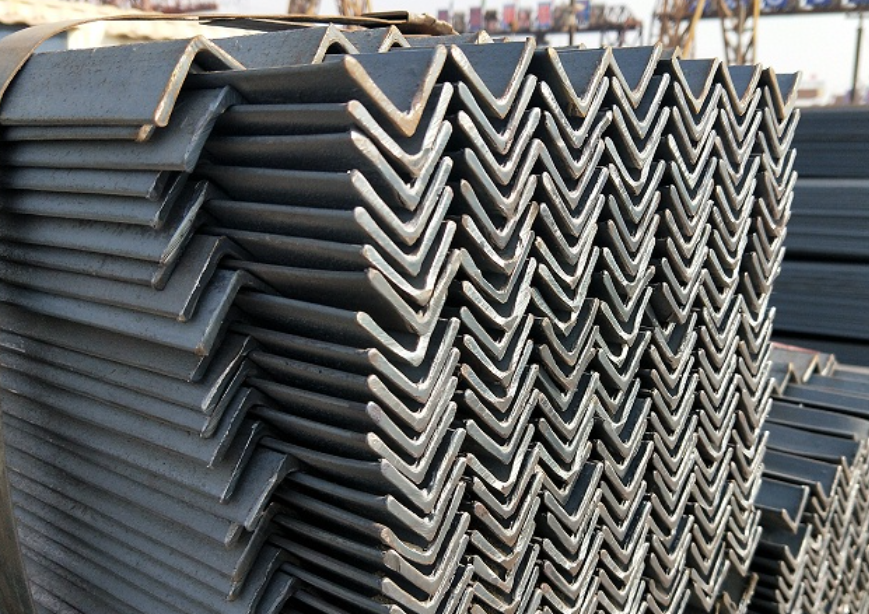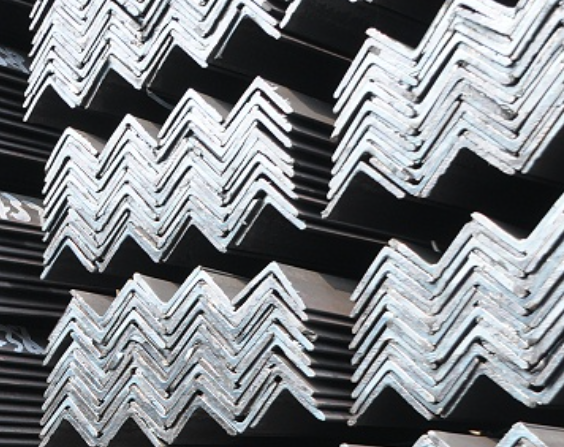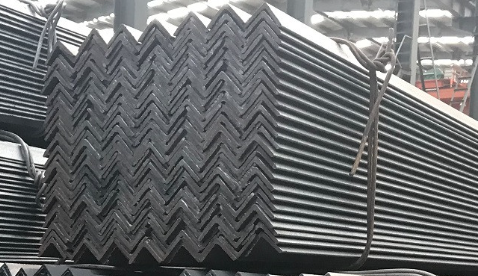Angle steel
Angle steel, commonly known as angle iron, is a type of long strip steel with two sides perpendicular to each other, forming an L-shaped cross-section. Below is a detailed introduction to angle steel:
Angle steel is mainly divided into two types: equal-leg angle steel and unequal-leg angle steel. Equal-leg angle steel refers to angle steel with two sides of equal length, while unequal-leg angle steel has two sides of different lengths.
Angle steel is typically manufactured from hot-rolled or cold-drawn steel plates, which are cut and bent to the required length and shape. The surface of angle steel products is smooth and free of burrs, exhibiting good toughness and bending strength, capable of withstanding certain pressures and loads.

1.Excellent Mechanical Properties: Angle steel boasts excellent bending strength and rigidity. Its L-shaped cross-section allows angle steel to better resist bending and torsion when in use.
2.Good Processability and Weldability: Angle steel can be processed and connected through cutting, bending, drilling, welding, and other methods, making it easy to form into various shapes and sizes.
3.Corrosion Resistance: The smooth surface of angle steel is easy to clean, and it can also undergo surface treatments such as painting, sandblasting, and galvanizing to enhance its corrosion resistance and aesthetics.
CREDIT

Due to its good strength and stability, angle steel is widely used in construction, manufacturing, and other industries:
1.Building Structures: Angle steel is used for support and connection in building structures, such as staircase handrails, stair steps, platform edge protection, ceiling supports, and corner protection. It can also be used as components of framing and support structures, like frame connectors, beam connectors, and column connectors.
2.Vehicle Manufacturing: Angle steel has a wide range of applications in automobile and other vehicle manufacturing, specifically for vehicle chassis, frames, bodies, and other structural components. It serves as structural support and connectors, enhancing vehicle stability and strength.
3.Machinery Manufacturing: Angle steel is a common material in machinery manufacturing and processing, used as support, connection, and fixation components for mechanical equipment, such as machine tool beds, machine tool columns, and workbench supports. Additionally, angle steel is used to manufacture shelves, workbenches, tooling fixtures, and other auxiliary equipment.
4.Furniture Manufacturing: Angle steel is used as support and connection components for furniture, such as table legs, chair armrests, and cabinet fixation structures.
5.Shipbuilding: Angle steel is often used as support and connection components for hull structures and shipboard equipment, such as deck supports, hull frames, and cabin partitions.
6.Bridge Construction: Angle steel also has applications in bridge construction, serving as bridge deck supports and load-bearing components.
CREDIT
Angle steel comes in various sizes and specifications, such as 20×20mm, 25×25mm, 30×30mm, and can be customized as needed.

